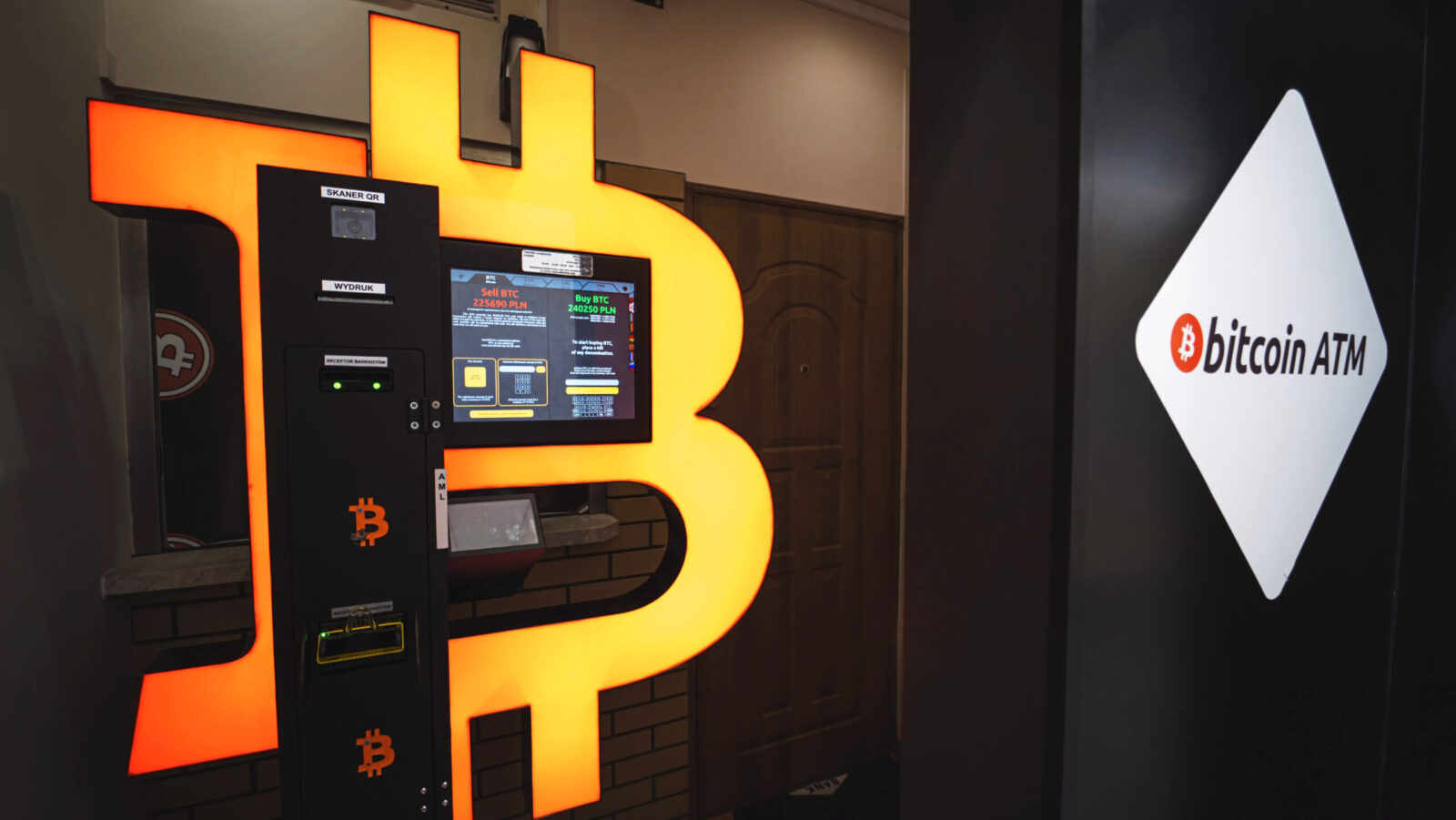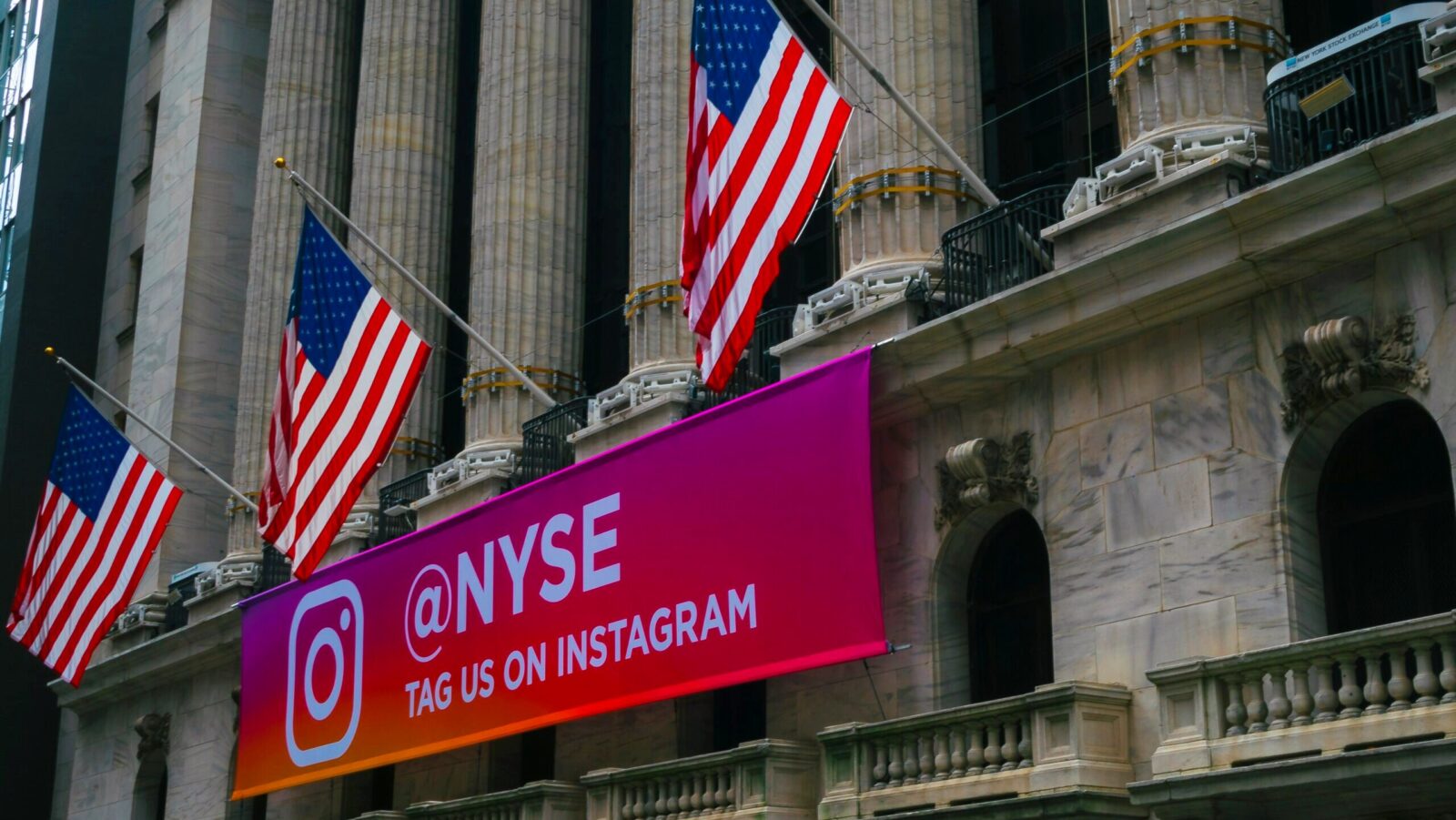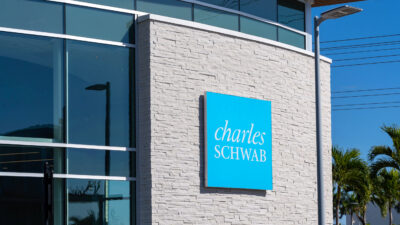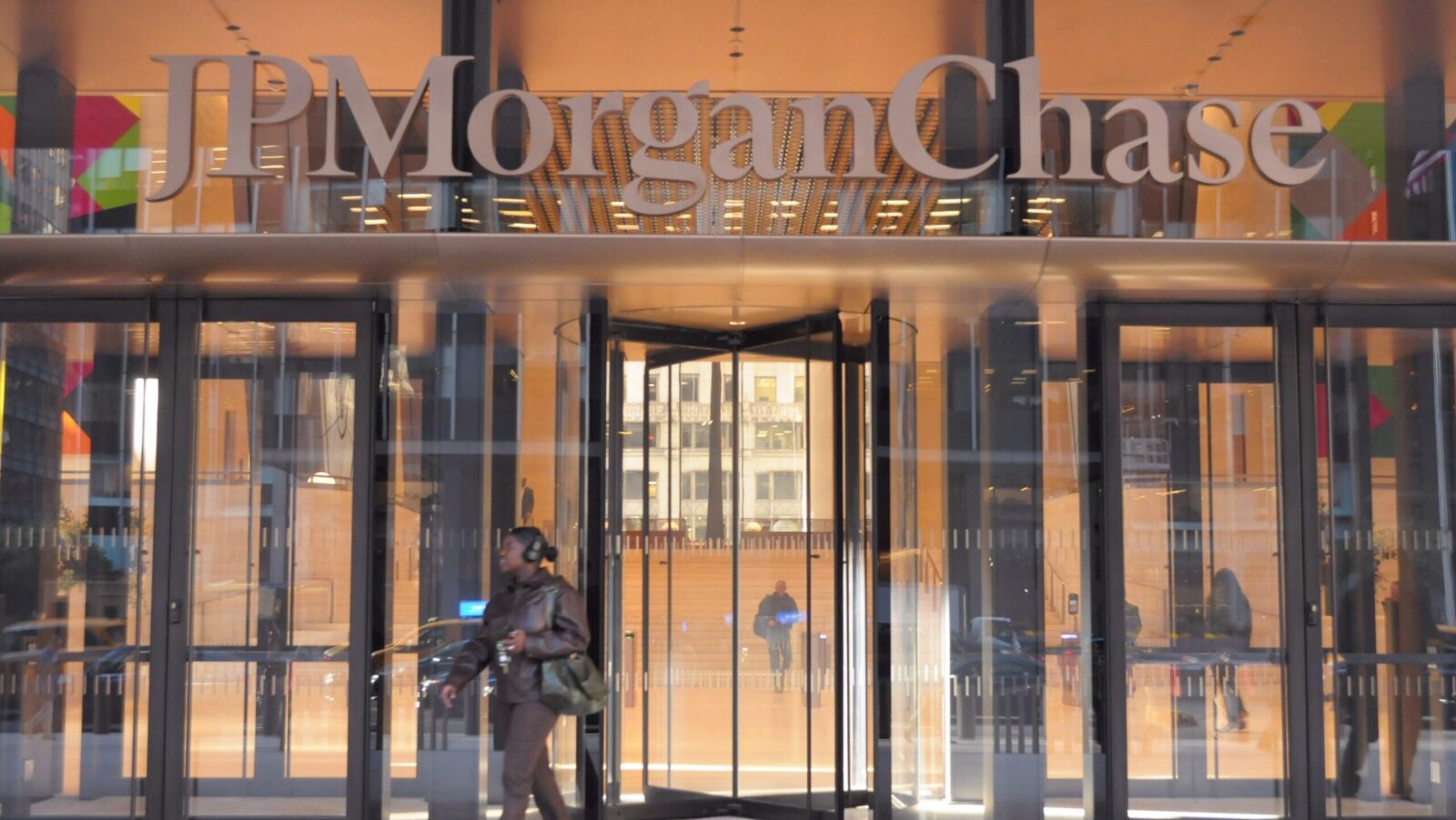Visa, Mastercard Swipe Right on Fee Settlement. Will a Court Sign Off?
In 2024, the swipe fees generated $83 billion in payments from merchants to card issuers, according to trade publication Nilson Report.
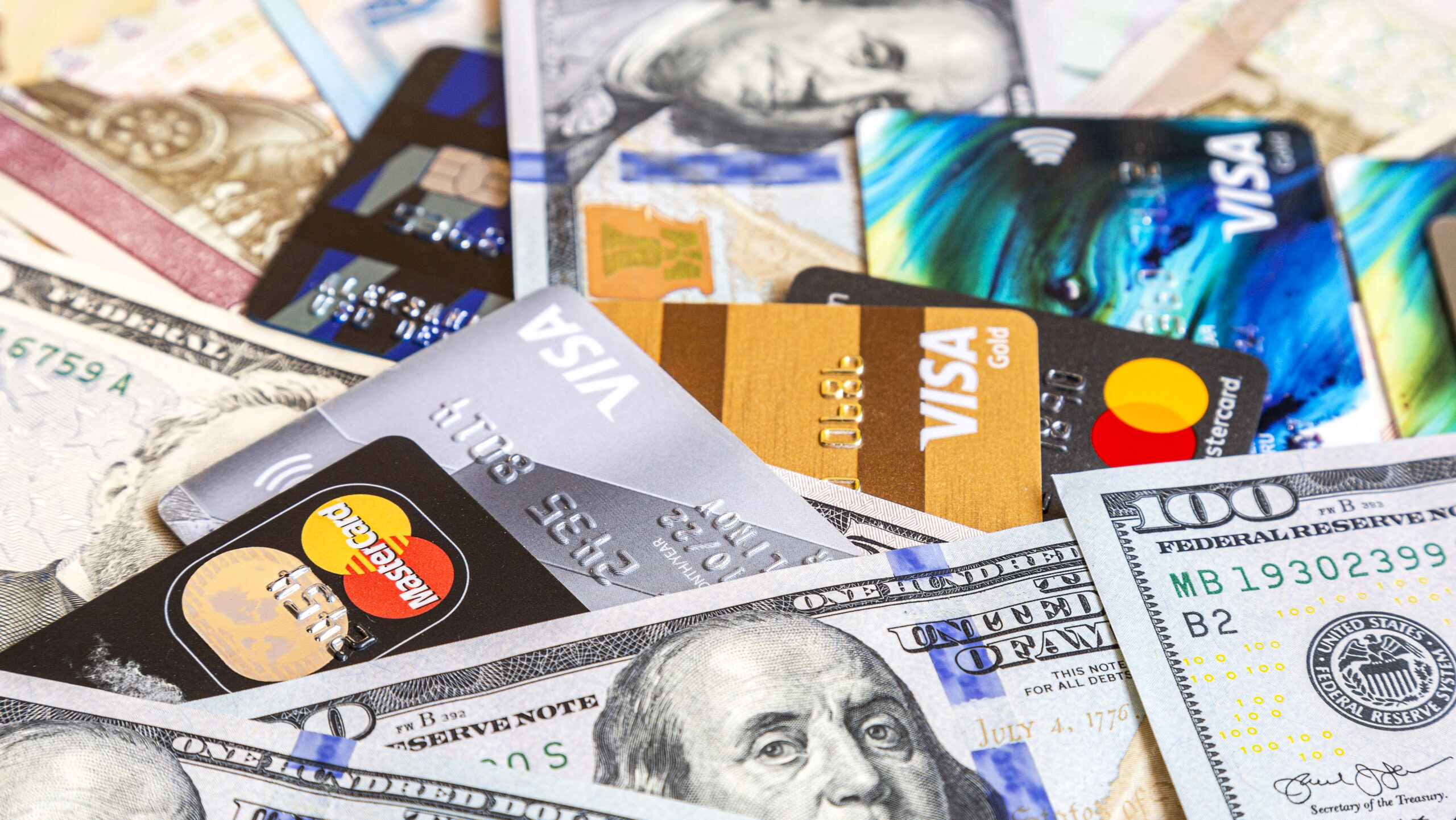
Sign up for smart news, insights, and analysis on the biggest financial stories of the day.
It was a big fight over small fees that added up to astronomical sums, but it may be nearly over.
After some 20 years of legal battling, merchants and credit card-processing giants Visa and Mastercard finally agreed to a settlement on Monday over swipe fees. But not everyone’s swiping right on the terms of the new deal.
Honorable No Charge
Not all credit cards are created equal, which drives US merchants crazy. While Americans have grown to love rewards cards (some 71% of respondents in a 2024 Ipsos poll reported owning a rewards or cash-back card), merchants often hate them and the higher swipe fees they carry (fees that frequently subsidize the rewards infrastructure). In 2024, the swipe fees, which typically range from 2% to 2.5%, generated $83 billion in payments from merchants to card issuers, according to the Nilson Report, a trade publication. That represented an astounding 71% increase from 2019.
Under the settlement proposed Monday, merchants will no longer be required to “honor all cards” within the Visa and Mastercard ecosystems, a major win for merchants. (Yes, that means your Chase Sapphire Reserve card might get rejected the next time you use it at a 7-Eleven, but don’t worry, most experts suspect merchants won’t risk losing sales.) And that’s not the only change that the deal brings:
- Visa and Mastercard would have to lower fees by 0.1% for five years. All cards would also be placed into three categories: commercial cards, premium consumer credit cards and standard credit cards, with the standard option carrying an interchange fee of no more than 1.25%, down about 25% from current levels.
- Merchants would have greater leeway to impose a surcharge of up to 3% on consumers who pay with a card instead of cash. According to Nobel Prize-winning economist Joseph Stiglitz and University of Washington professor Keith Leffler, hired by the plaintiff merchants, the settlement could save merchants $31 billion by 2031.
Swiper, No Swiping: The deal, which has yet to be finalized, could still face roadblocks in court — just as a slightly more credit card company-friendly deal did last year when a judge rejected it following pushback from some merchant groups. And, already, pushback is underway. The National Grocers Association quickly opposed the settlement on Monday, noting in a press release that “Independent grocers, operating on net margins of less than 2%, have been hit hardest by rising swipe fees, which grow faster than inflation and cost consumers and businesses over $100 billion annually.” The proposed settlement leaves “Visa and Mastercard’s price-fixing structure fully intact,” the group argued.
